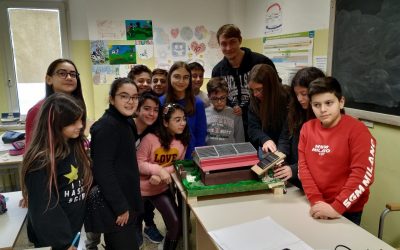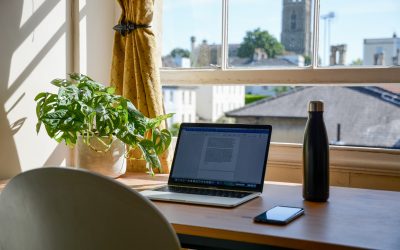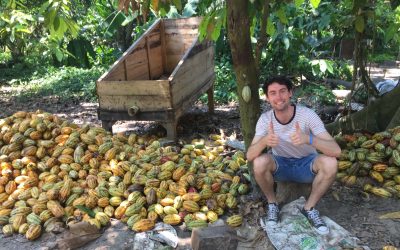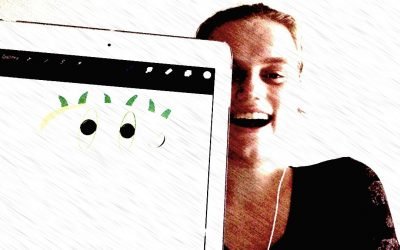A look at the quick-paced world of start-ups
Imagine you have a great, innovative idea, you have an entrepreneurial spirit, and you are eager to put this idea into practice by starting your own business. First of all, that’s awesome! But this also means that you will also have to overcome quite some obstacles. Maybe you need a lot of money, the help of a larger company that can manufacture your product, or perhaps you just need support from friends and acquaintances. In any case, once you’ve set up your start-ups, you won’t have a dull life anymore!
The world of start-ups is an interesting one
A start-up is a company that is in the first stage of its operations. Often, start-ups have the intention to grow beyond their founder, have multiple employees and intend to grow large. Every year, lots of brave entrepreneurs take the chance and try to set up their own innovative business. However, only a few of those actually turn into successful companies.
Famous examples of those lucky ones, or unicorns as they are being called, are Uber, Airbnb and Kahoot, but there are many more. Each one of them has the power to change the world with their innovative ideas.
Start-ups are more likely to become successful businesses when they are based in a healthy economic ecosystem. We all know Silicon Valley as the start-up city in the US, but also other cities have a very good start-up environment. Berlin for example, because of its affordable office rent, investors that are willing to support start-ups, and because creativity flows in the entire city.
Why only a few unicorns?
The start-up process can take a very long time, some people even say up to three years. During this time, the founder needs to keep on putting maximum effort in its business, and make smart, well-thought decisions, because there generally will be a lot of uncertainty. Start-up owners need to make fast decisions because they have to respond to the market demand. However, they don’t have the power yet to steer the demand towards a certain direction (like big companies sometimes do). This does not mean that start-ups follow every trend, but if they can do this quickly, then nothing is holding them back. This is a major advantage compared to larger companies. These large companies are sometimes so stuck to their bureaucracy that they can’t make these quick decisions.
Mentors can be helpful
Many start-up owners seek the help of others, more experienced people, to guide them through their start-up period. Like with all other things we do in life, we can learn from others who did those things before us.
Have you ever thought of setting up your own business? Then a Global Entrepreneur program with AIESEC might be your possibility to take a look in this fast-paced start-up world and learn from experienced start-up owners.












